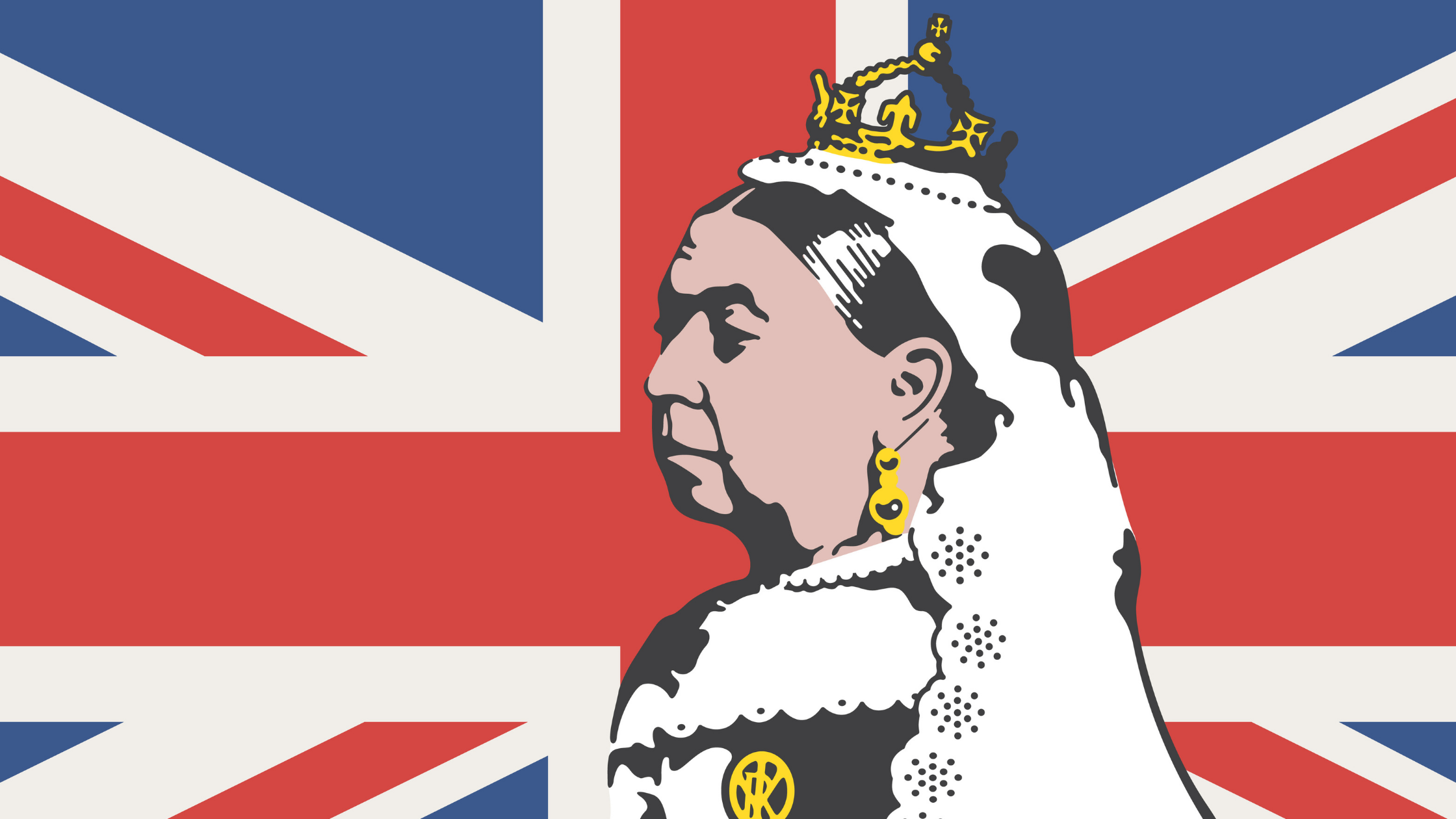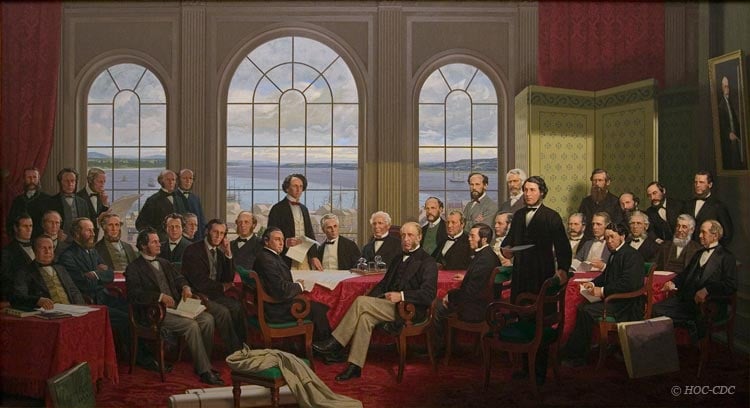Victoria Day, more commonly known as May 2-4 weekend, is a Canadian federal holiday held on the first Monday before May 25th. The holiday is known for many different things and its meaning has changed over the years since it was first created. Although it is a statutory holiday, it is not celebrated in Nova Scotia, New Brunswick, PEI, Newfoundland and Labrador, nor Québec. To learn more about one of Canada’s favourite weekends keep on reading.
Unofficially, May 2-4 Weekend is considered the beginning of the summer season in Canada.
Why do we celebrate it?
In 1854 it was declared that Queen Victoria’s birthday would be a holiday. Back then the holiday was celebrated on the actual day that May 24th fell on, no matter the day of the week. After the Queen’s death, Canada’s Parliament passed an Act declaring May 24th Victoria Day. Later in 1952, the Act was amended to set Victoria Day to the Monday falling before May 25th, making it much more manageable as a holiday and creating a long weekend. We also used Victoria Day to celebrate the birthday of Queen Elizabeth, even though her birthday was April 21st. Victoria Day became the late Queen Elizabeth’s official birthday in Canada in 1957, a few years after she ascended to the throne. In the United Kingdom, her birthday was celebrated in June.
What is it known for?
Unofficially, May 2-4 Weekend is considered the beginning of the summer season in Canada. Many Canadians use this weekend to grab a 24 pack of beer, hence the name of the weekend, and open up their cottages. The weekend is full of campfires, lounging by the lake, and getting together with friends and family. Even if you aren’t at the cottage, you can join in on the fun, people host BBQs, have picnics, there are concerts, parades, and fireworks. It is a great celebration to kick off the summer season!
Queen Victoria
Queen Victoria inherited the throne at the age of 18 after her father and three uncles all passed away. She reined for 63 years, making her the 2nd longest-reigning female monarch in the world. During her time as Queen, she was a national icon identified by her strict personal morals. She married her cousin and had nine kids, all of which married into noble families. This earned her the nickname “the grandmother of Europe”. Queen Victoria was also the one who named Ottawa the capital of Canada.
Queen Elizabeth II
Queen Elizabeth II was the reigning monarch of the United Kingdom from 1952 until her recent passing in 2022. In February of 2022 she celebrated 70 years on the throne – her Platinum Jubilee- making her the longest-reigning British monarch in history and beating the record of her great-great-grandmother. Queen Elizabeth II is known for modernizing many aspects of the monarchy and she was much beloved by her people. She was also the head of the Commonwealth, a group of 54 countries that Canada is a part of. The Queen was such a cultural icon of Britain and the Commonwealth countries that many plays and tv shows have been created about her life.
Fun Facts About the Queen and the British Monarchy
Queen Elizabeth Created a New Dog Breed

Dorgis are a mixed breed of dog, born from Corgis and Dachshunds. It is said that one of the Queen's Corgis mated with Princess Margaret's Dachshund, Pipkin, and the Dorgi breed was created.
The Queen Didn’t need a passport
The British passport was issued in the name of Her Majesty; therefore, it was not necessary for her to have one for herself. Since licenses are also issued the same way, she also didn't require a license to drive a car.
The Queen had two birthdays
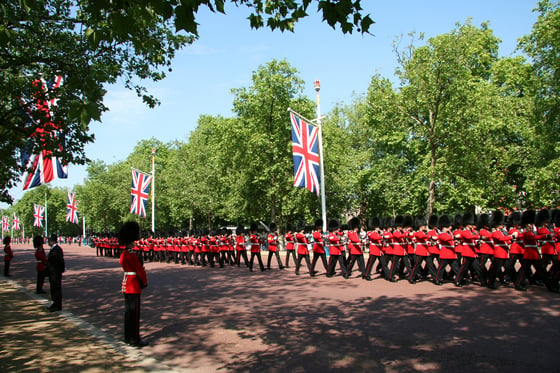
Her real birthday was on April 21 (1926), but it was celebrated by the nation in June during the Trooping the Colour parade. This was a tradition since 1748 when King George II decided to move his November birthday celebrations to the warmer sunnier days of June.
Not everyone could succeed the throne
There are rules on who can succeed to the throne and how this is done. These rules are outlined in the Act of Settlement, first established in 1701 to ensure that only Protestants could be on the throne.
Royal marriages can be vetoed
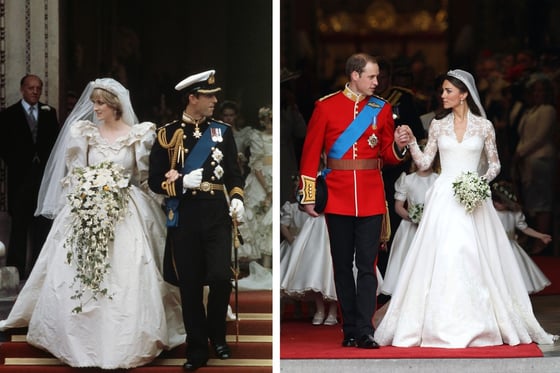
Photo courtesy of History Extra
The Royal Marriage Act of 1772 was a set of conditions for royal marriages, which, when followed, allowed the royal house to maintain its status. It is no longer in effect but the royals next in line for the thrown all require the Monarch’s approval before marriage, without it they are disqualified to succeed the Crown.
Can royals get divorced?
Yes, they can and this may be thanks to King Henry VIII back in 1534. However, until 2002 it was quite taboo for a royal to marry again after divorce. That is not the case anymore.
Queen Elizabeth has a Platinum Jubilee
In February of 2022, the Queen celebrated her Platinum Jubilee for 70 years of service as Her Majesty. She was the fourth longest-reigning monarch in all of history.
They make their own money
They make their money from The Sovereign Grant and from the private Duchies of Lancaster and Cornwall. These are all portfolios including Crown Estate revenue, land, properties, and other assets. For more information click here.
Queen of more than England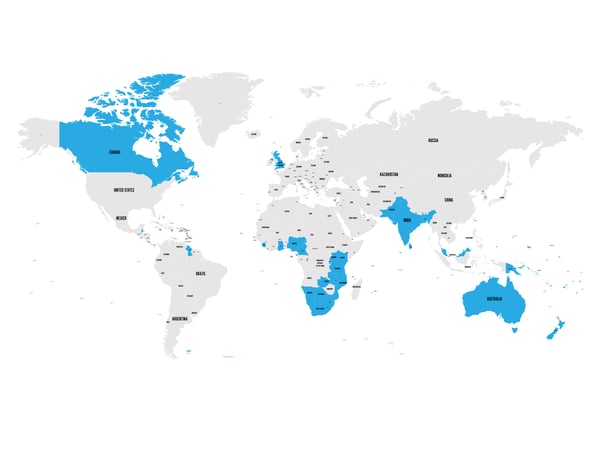
The Queen was the monarch and head of state of 14 Commonwealth countries. Which are: Australia, The Bahamas, Barbados, Belize, Canada, Grenada, Jamaica, New Zealand, Papa New Guinea, St. Christopher and Nevis, St. Lucia, Tuvalu, and of course, the United Kingdom.
Have a fun and safe long weekend!
